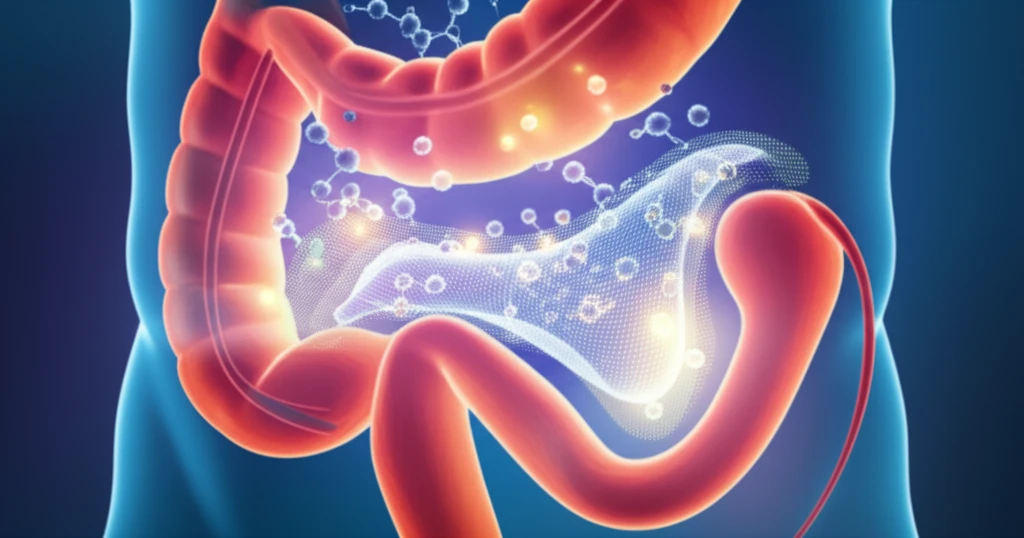
Mesh Complications After Hernia Surgery? A Breakthrough in Adhesion Prevention
"New research explores how a combination of icodextrin and dimetindene maleate can significantly reduce post-operative adhesions and improve patient outcomes."
Ventral incisional hernias are a common issue after abdominal surgery, affecting 10% to 20% of patients. While surgical meshes have greatly improved hernia repair by reducing recurrence rates, they can cause adhesions when placed inside the peritoneum. These adhesions, abnormal connections between tissues, can lead to significant complications.
Adhesions can result in bowel obstruction, mesh infections, fistulas, and difficulties in future surgeries. Dealing with these complications is a major challenge. Researchers are constantly seeking new methods to prevent or reduce adhesion formation, improving patient outcomes and reducing the need for additional interventions.
This article explores a recent study on a combined treatment using icodextrin 4% and dimetindene maleate to prevent adhesions following the implantation of polypropylene and titanium-coated polypropylene meshes. This innovative approach could minimize the risks and improve the success of hernia repair surgeries.
How Does the Icodextrin and Dimetindene Maleate Combination Prevent Adhesions?

The study, published in the Journal of Surgical Research in February 2019, investigated the effectiveness of a combined treatment using icodextrin 4% and dimetindene maleate in preventing peritoneal adhesions following mesh implantation. Researchers divided sixty female white rabbits into four groups to test the treatment.
- Group 1: Polypropylene mesh implantation.
- Group 2: Polypropylene mesh + intraoperative and post-operative Icodextrin 4% and dimetindene maleate.
- Group 3: Titanium-coated polypropylene mesh.
- Group 4: Titanium-coated polypropylene mesh + intraoperative and post-operative Icodextrin 4% and dimetindene maleate.
What are the Implications for Future Surgical Practices?
The findings suggest that combining icodextrin 4% and dimetindene maleate effectively reduces the extent and severity of adhesions. This combination can be a successful strategy for preventing adhesion formation after mesh implantation. Further research is needed to optimize the treatment and assess its long-term benefits, this study offers a promising step toward improving surgical outcomes and patient quality of life following hernia repair.
